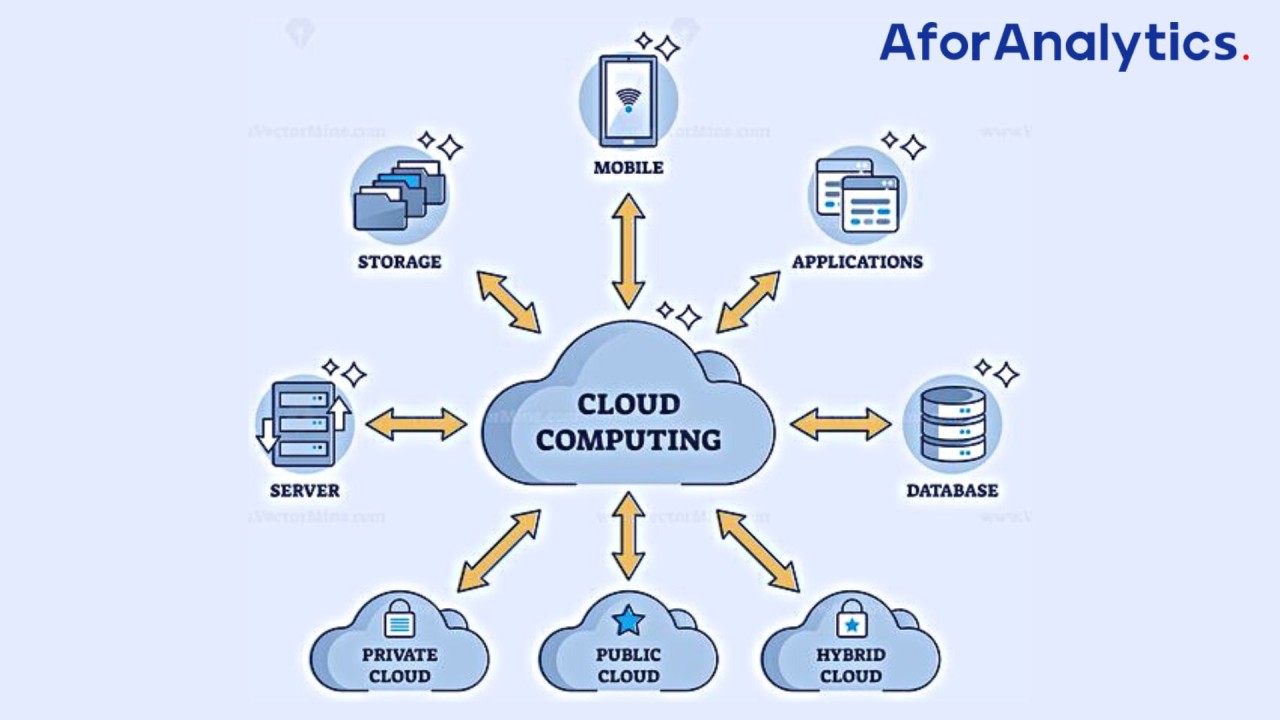ABCDou Insights
Exploring the world of news, trends, and information.
Cloud Nine: How to Elevate Your Business with Cloud Computing
Unlock business success and soar to new heights with our ultimate guide to cloud computing! Discover the secrets to elevate your enterprise today!
5 Key Benefits of Cloud Computing for Small Businesses
Cloud computing offers small businesses a range of benefits that can enhance their operations and drive growth. One of the primary advantages is cost savings. Instead of investing heavily in on-premise hardware and software, businesses can utilize cloud services on a pay-as-you-go basis. This model allows small companies to manage their budgets more effectively, allocating resources to other critical areas of their business. Additionally, the flexibility of cloud solutions enables businesses to scale their operations according to their needs without the burden of substantial upfront costs.
Another significant benefit is improved collaboration and accessibility. With cloud computing, employees can access files and applications from anywhere, at any time, provided they have an internet connection. This accessibility fosters teamwork and ensures that your team can remain productive, even when working remotely. Furthermore, many cloud applications offer real-time collaboration features, allowing multiple users to work on the same document simultaneously, thus enhancing communication and efficiency within your small business.

Is Your Business Ready for the Cloud? A Step-by-Step Guide
As businesses increasingly shift towards digital operations, the question arises: Is your business ready for the cloud? Transitioning to cloud technology can significantly enhance efficiency, scalability, and collaboration. However, it's essential to assess your organization’s current capabilities before diving in. Start by evaluating your existing infrastructure and identifying whether your applications are cloud-compatible. Consider creating a checklist to guide your assessment:
- Current IT resources and capacity
- Data security requirements
- Compliance with industry regulations
- Employee training and support needed
Once you've determined your readiness, the next step is to define clear goals for your cloud transition. Whether you aim to improve customer experience, reduce operational costs, or enhance data security, having a well-defined strategy is crucial. Additionally, ensure that you engage with your employees throughout the process. Their insights and feedback can play a pivotal role in how effectively you implement cloud solutions. Lastly, consider developing a timeline with milestones to help track progress and address any challenges that may arise along the way.
How to Choose the Right Cloud Services for Your Business Needs
When it comes to choosing the right cloud services for your business needs, the first step is to clearly define your objectives. Consider what specific tasks or processes you want the cloud services to support. Are you looking for solutions to store data, run applications, or enhance collaboration among team members? Having a clear understanding of your business requirements will help you narrow down the options and select a cloud service that aligns with your goals. Additionally, evaluate the scalability of the service; as your business grows, your cloud solution should easily adapt to increasing demands.
Another crucial aspect to consider is the security and compliance features offered by potential cloud service providers. Assess the security protocols in place and whether they meet industry standards. Look for features such as data encryption, access controls, and regular security audits. Furthermore, ensure that the cloud service complies with relevant regulations for your industry, which could include GDPR, HIPAA, or others. By prioritizing both security and compliance, you create a solid foundation for your business operations in the cloud and protect sensitive information from potential risks.